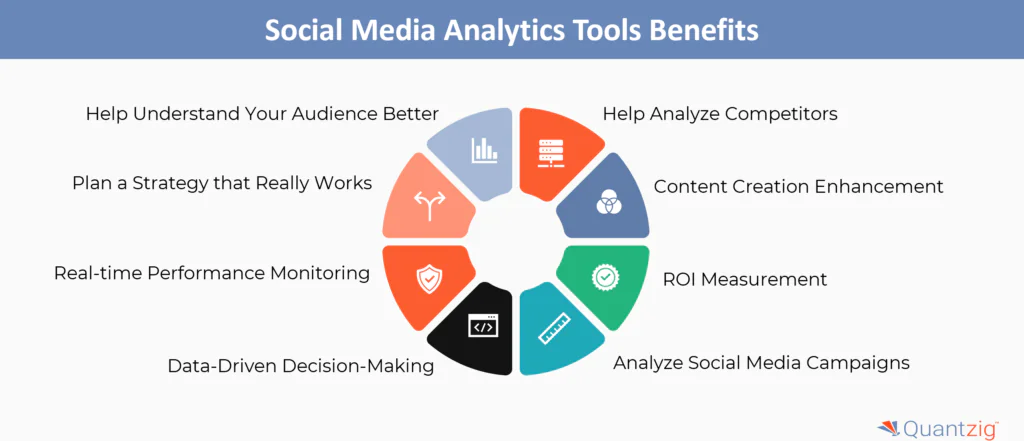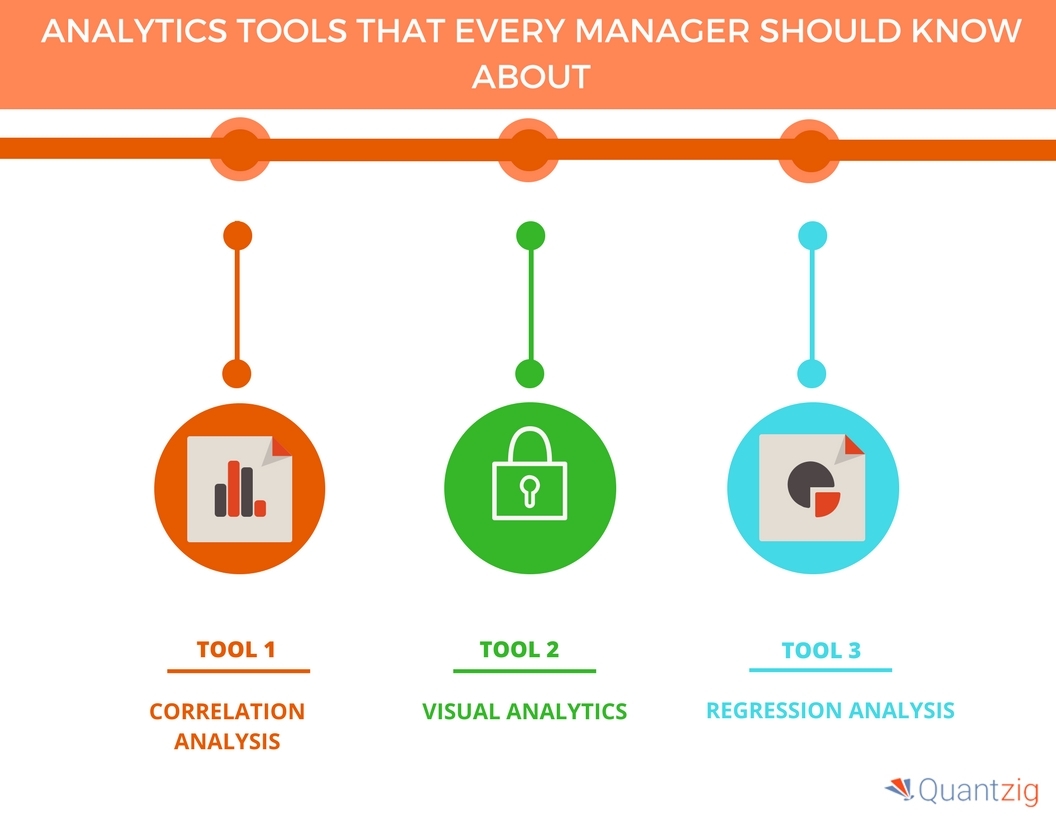Improve Customer Understanding with Targeted Analytics Versions
Improve Customer Understanding with Targeted Analytics Versions
Blog Article
Optimize Growth: How Analytics Drive Better Techniques
By utilizing information insights, businesses can fine-tune their functional strategies, prepare for market adjustments, and enhance customer interaction. The difficulty lies not just in collecting information yet in properly analyzing it to drive concrete results.
Comprehending Information Analytics
Data analytics is an organized computational evaluation of information that makes it possible for companies to uncover meaningful patterns and insights. This procedure encompasses a variety of methods, consisting of analytical evaluation, anticipating modeling, and data mining, which jointly aim to change raw information right into actionable information - Analytics. By employing these methodologies, organizations can make educated choices that are rooted in empirical evidence as opposed to intuition alone
The structure of data analytics depends on its capacity to handle large amounts of details from diverse resources. This includes structured information, such as data sources, and disorganized data, including social media sites interactions and customer responses. Through making use of specialized software and tools, experts can remove and process this data efficiently, determining trends and correlations that may not be instantly evident.
Recognizing data analytics also involves acknowledging the value of information top quality and honesty. Precise and trustworthy information is essential for purposeful evaluation; therefore, organizations have to implement robust information administration techniques. Moreover, the repetitive nature of analytics enables continual improvement and enhancement of approaches, making sure that companies continue to be agile when faced with transforming market characteristics and customer actions.
Key Benefits of Analytics

One of the essential benefits of analytics is its capacity to provide actionable insights. Organizations can swiftly evaluate substantial amounts of information, uncovering patterns that might not be quickly noticeable. This helps in preparing for market changes and adjusting methods accordingly. Furthermore, analytics promotes a society of evidence-based decision-making, minimizing dependence on intuition and uncertainty.
Another significant benefit is boosted client understanding. Analytics devices allow services to segment their target market, track customer habits, and individualize advertising and marketing efforts. This targeted technique not only enhances customer interaction yet also drives greater conversion rates.

Implementing Analytics Approaches
To totally recognize the advantages of analytics, companies need to adopt structured strategies for execution. This begins with clearly defining objectives that line up with broader organization objectives. By developing certain, quantifiable end results, organizations can concentrate their analytics initiatives on locations that generate the greatest roi.
Following, organizations should focus on information governance to make sure the honesty and safety of the data being assessed. This entails setting up methods for information collection, storage space, and accessibility while sticking to appropriate laws. Ensuring top quality data is crucial for creating meaningful insights.
In addition, fostering a culture of data-driven decision-making is necessary. This calls for training workers to interpret analytics findings and encouraging collaboration throughout divisions. When teams recognize the value of analytics, they are most likely to incorporate insights into their daily operations.
Last but not least, companies need to frequently examine and fine-tune their analytics methods. The landscape of information and modern technology is constantly advancing, and remaining adaptable will enable organizations to utilize brand-new tools and techniques efficiently. By carrying out these organized strategies, organizations can take full advantage of the effect of their analytics campaigns and drive lasting growth.
Devices for Efficient Analysis
Reliable analysis counts on a selection of tools that assist in the removal of insights from data - Analytics. These tools can vary from simple spread sheet applications to advanced equipment discovering platforms, each offering an unique function in the logical procedure
Data visualization software application, such as Tableau and Power BI, plays a crucial role in transforming complex datasets right into understandable visual representations. These tools allow experts to recognize trends and patterns swiftly, enabling even more informed decision-making.
Statistical evaluation software, like R and SAS, uses sophisticated capacities for performing comprehensive analyses, including regression, hypothesis screening, and anticipating modeling - Analytics. These functions equip organizations to attract meaningful final thoughts from their information, determining potential chances and risks
Additionally, this website data source monitoring systems such as SQL and NoSQL databases offer the required infrastructure for saving and querying large volumes of data efficiently. They ensure that information is arranged and obtainable for evaluation.
Last but not least, organization intelligence systems incorporate numerous information sources, giving a comprehensive view of organizational performance. By making use of these devices effectively, companies can enhance their logical capacities, allowing them to develop approaches that make the most of development and enhance total efficiency.
Study of Success
Effective companies frequently utilize information analytics to drive impactful techniques, as confirmed by several significant instance studies. By employing these insights, Netflix has effectively customized its content referrals, resulting in raised customer interaction and client retention.

Furthermore, Starbucks uses data analytics to figure out optimal store locations and refine its product offerings. By checking out client demographics and buying patterns, Starbucks effectively recognizes high-potential markets and tailors its menu to local preferences, driving sales and consumer commitment.
These case researches illustrate that effective usage of data analytics can bring about calculated advantages, promoting innovation and development within organizations across numerous markets.
Conclusion
In conclusion, the integration of analytics into organizational approaches dramatically improves decision-making procedures home and promotes sustainable development. By leveraging data-driven insights, companies can recognize fads, prepare for market changes, and enhance procedures. The efficient implementation of read more analytics tools further sustains dexterity and development, enabling companies to navigate competitive landscapes with greater precision. Eventually, a dedication to analytics not just drives instant efficiency enhancements yet likewise safeguards lasting success in an ever-evolving industry.
Information analytics is a systematic computational evaluation of information that allows companies to uncover purposeful patterns and insights.Comprehending information analytics also includes identifying the value of information quality and stability. Trustworthy and accurate data is crucial for purposeful evaluation; hence, companies have to implement durable information governance practices.Next, organizations ought to prioritize data administration to ensure the honesty and safety of the data being examined.Effective companies usually take advantage of information analytics to drive impactful strategies, as evidenced by numerous remarkable instance studies.
Report this page